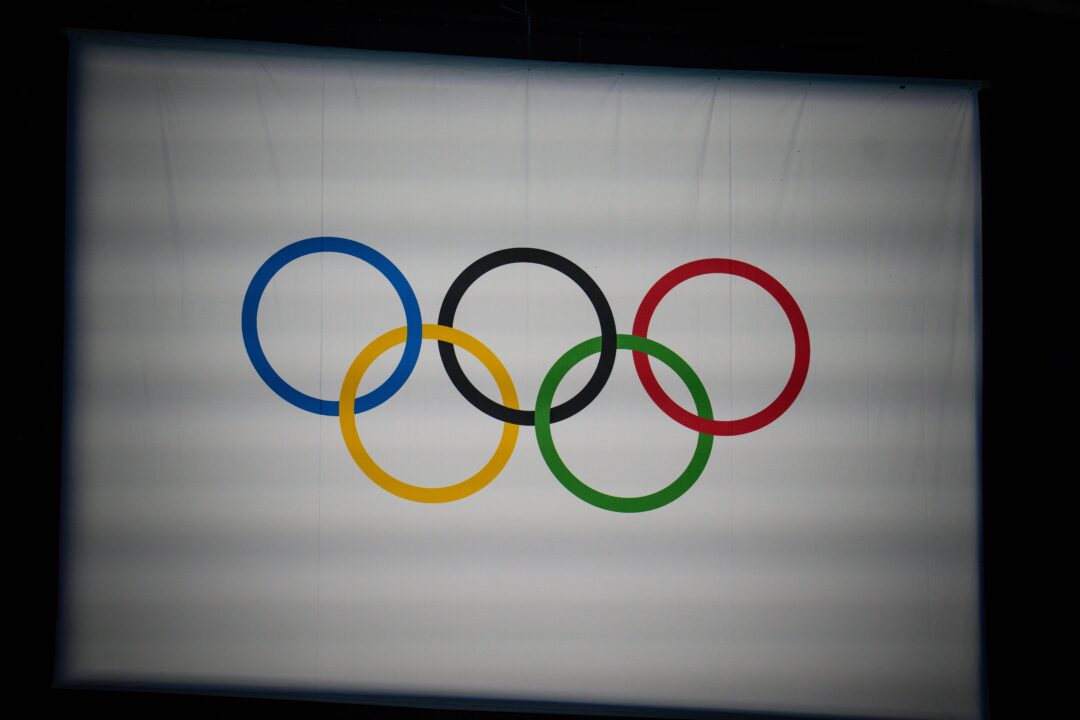The International Olympic Committee (IOC) firmly let its stance be known regarding international federations paying Olympic prize money during the first of three days of its Executive Board meeting on Tuesday.
For the 2024 Paris Olympics, World Athletics became the first global federation to award each of its gold medalists with prize money, offering $50,000 to each event winner.
Normally, National Olympic Committees (NOCs) and national federations award prize money to their athletes.
The IOC Board made it clear their disapproval of the move, and the idea of it being something that’s carried forward, during the meeting.
Another layer to this is the fact that World Athletics is led by President Sebastian Coe, who is one of seven candidates to succeed Thomas Bach as IOC President early next year.
IOC spokesperson Mark Adams summed up the discussion during a post-meeting news conference:
“There was a large amount of agreement on the topic, I might even say unanimity, and it was a question, it was said, of principle, efficiency and distribution within the Olympic Movement,” Adams said.
“As was said by the Executive Board in June, athletes are in teams of their National Olympic Committees and the NOCs prepare them, ands they should reward them – and, also a reminder, by the way, – this has been done for many decades. Many NOCs do this; the President [Thomas Bach], in fact, gave his own example. He received prize money when he won his gold medal in 1976, so it’s not new.”
Adams went on to say that given the differences between countries and how they compensate their athletes for Olympic success, each National Olympic Committee knows “the best way to reward the athletes from their teams, in the national context.”
He added that the biggest reason why the IOC is against international federations awarding prize money is the idea of “fairness,” detailing how, if everyone used the 2024 World Athletics model, it would “downgrade the Games to an elitist event.”
“But perhaps, I think it was agreed by everyone, the best argument, the biggest argument is one of fairness. And here we have some quite good figures: the Olympic Games Paris overall, as you probably know, 91 NOCs won medals. If all the medalists – athletes and teams of all the sports – were rewarded, it would be about 1,000 athletes and teams who would benefit,” Adams said.
“They mostly come from what you might call the well-funded, the privileged National Olympic Committees: 65% of the individual medalists and teams winning medals are from 15 NOCs who were on top of the medal tally.
“And if you count the individual athletes who win medals in the team events as well, the percentage of athletes benefitting from such a prize money model would come from 15 privileged NOCs.
“This means that the prize money for them would only increase the existing inequalities even further. And, of course, I need hardly say it was felt by the Executive Board that this goes against the mission of the International Olympic Committee, and it could very easily downgrade the Olympic Games to an elitist event with competition among only less than 10% of the 206 NOCs.”
As noted by The Sports Examiner‘s Rich Perelman, the World Athletics model wouldn’t work for too many federations, as only a select few would be able to afford to pay Olympic prize money, with the International Gymnastics Federation (FIG) among those who don’t even pay prize money for their own World Championships.
This is among the issues Coe will have to tackle in late January when he makes his case for IOC President before the election in March.

Let athletes make money! Geeze! Nearly all sports in the Olympics fail to give their athletes solid money and if anyone is willing to step that up they should be embraced with open arms!
“Paying the athletes would be unfair because it only benefits rich athletes”
“Okay, do you want to pay poor athletes then?”
“Nah”
The IOC hates athletes
I mean if they start paying the athletes money how are the corrupt sporting and national federations going to pay their administrative staff?
I’m not sure I’m following the Spokesperson’s logic. Currently the teams with the most resources are the ones who pay the prizes and they are the ones that win the vast majority of the medals. Wouldn’t having a Neutral option for prizes actually make it more of an incentive for champions to come out of the usual NOCs?
Everything about the Olympics* makes it really hard to be a fan of the Olympics.
(*Aside from the athletes)
IOC any updates on the 50m events inclusion?
I laughed, but I feel like this may be a prelude to rigging the election against Coe…
I assumed every comment would carry that theme. This topic is aimed at Sebastian Coe. Bach doesn’t want to be succeeded by Coe, partially because he knows that Coe would immediately upstage him. And primarily because Bach is tight with Putin and never would have ascended to IOC president without Putin pulling strings in the background.
This topic never would have been brought up for discussion if Coe were not running for IOC president.
And it’s the first of many tactics that will be used against him.